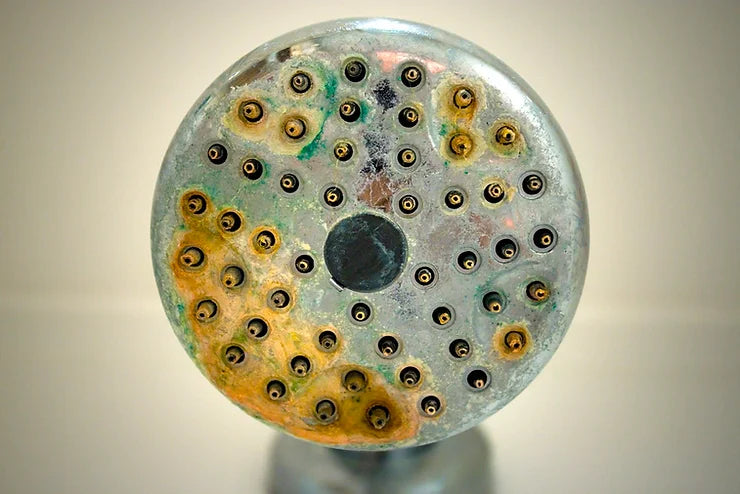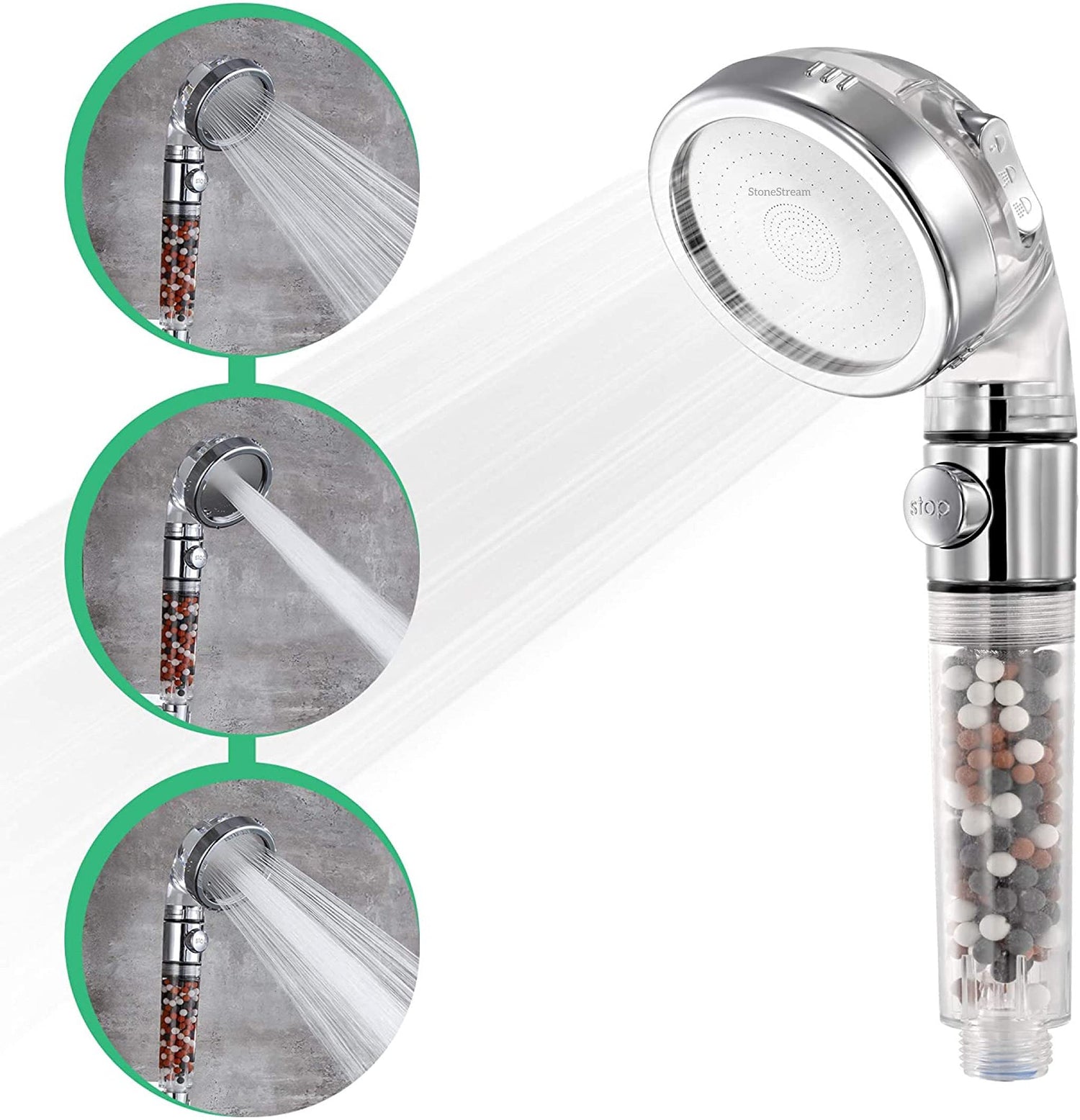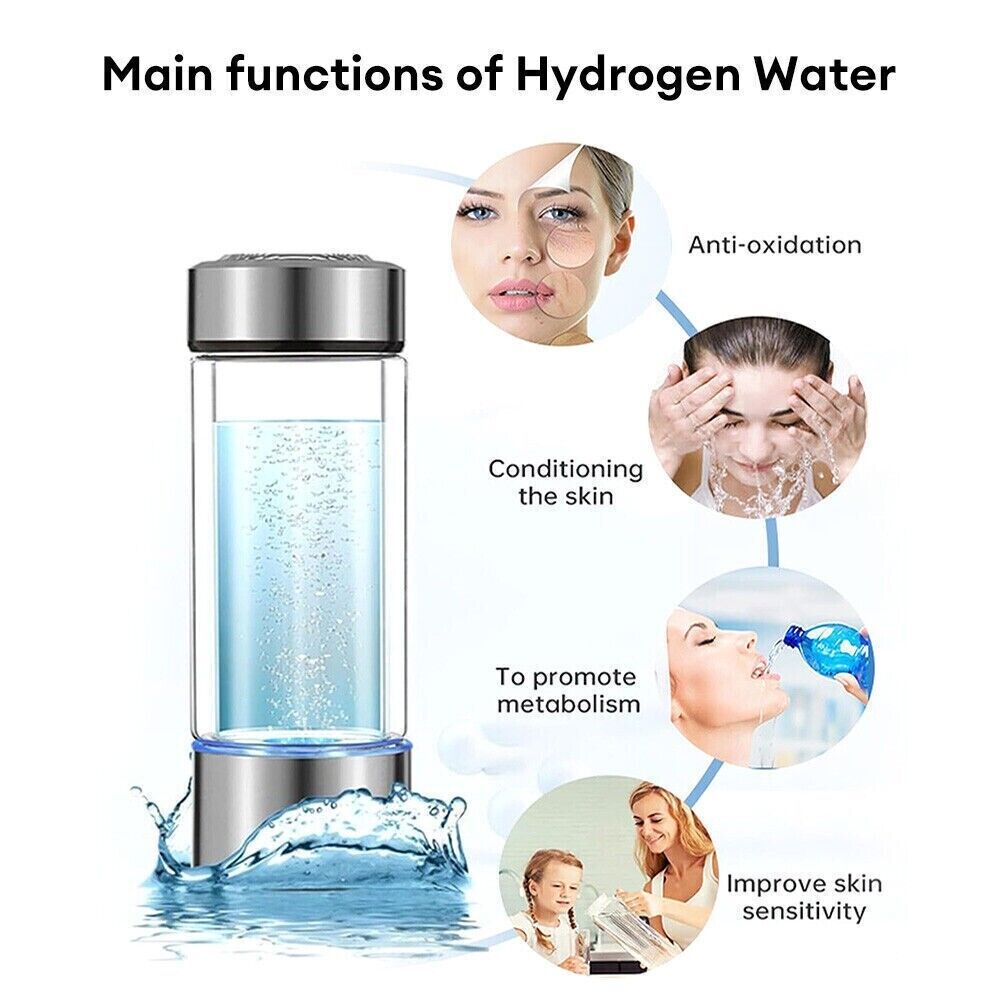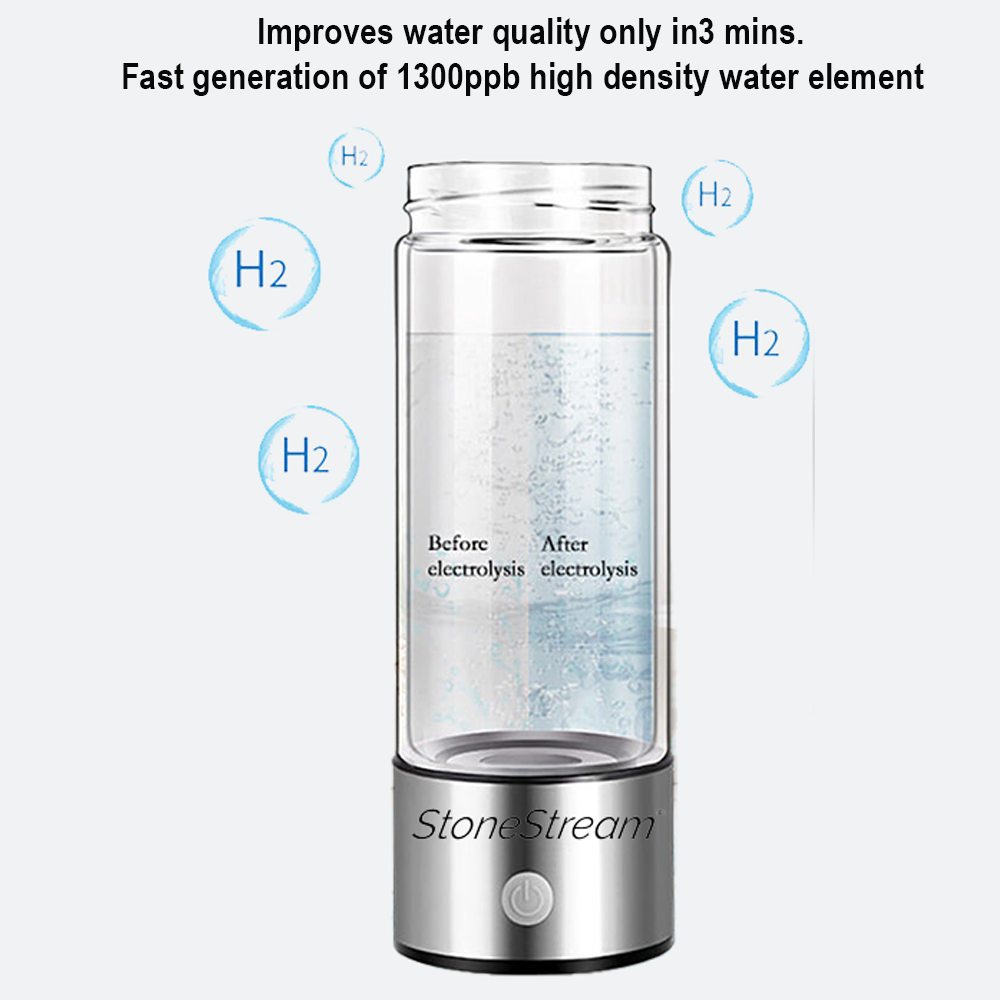PHOTO CREDIT: by Graeme Maclean via Flickr under this CreativeCommons license
You’ve probably heard the word 'limescale' many times, especially if you live in an area that has hard domestic water supplies. But do you know what it means?
Before we talk about limescale, we’ll have to know a bit about hard and soft water. There are other articles in The Reservoir, our Professional Knowledge Database, about hard and soft water so we won’t go into any more detail than to say that you’ll have limescale if you’ve got hard water!
Limescale in the House
Hard water contains a high concentration of dissolved calcium and magnesium minerals. It is quite safe when consumed, though. However, hard water can be a nuisance at home or in industrial setups, because of the dissolved minerals. But, it is true that the dissolved minerals easily drop out of hard water if you apply heat or allow them to take part in a chemical reaction.
Don’t worry, you’re not back at school and you won’t be tested on the chemistry-related information you’ll learn today. But, if you read on, you’ll be able to understand how limescale turns up in your water system.
The Science Bit
Hard water contains calcium and magnesium carbonate, bicarbonate, chloride, and sulphate, all of which are soluble in water. Carbonates and bicarbonates cause temporary water hardness and can be removed by heating the water or by adding water softeners. Chlorides and sulphates cause permanent water hardness and can only be removed by chemical reactions with water softeners or in an ion-exchange column.
So, What is Limescale?
Limescale forms when soluble calcium bicarbonate decomposes with heat to form insoluble calcium carbonate. You’ll also find that the calcium bicarbonate reacts with stearate compounds in soap to form scum.
Where Do We Usually Find Limescale?
Limescale isn’t a pleasant thing to see around the house. It makes kitchens and bathrooms look dirty and gives the impression that you haven’t cleaned them in ages.
Limescale accumulates in your kitchen and bathroom appliances that are in contact with water. Appliances such as the washing machine, dishwasher, and kettle also aren't safe from limescale. It doesn’t stop there! Limescale also builds up inside water heaters, water pipes (especially hot water), and on taps in the bathtub, washbasin, and sink. You'll even see it on shower heads and shower accessories (such as hoses and holders). Shall we add a few more places too? No? Yes, you get the gist.
Now, let's focus on the bathroom. Shower heads slowly clog up thanks to limescale and eventually stop working. Limescale also stains the bathtubs and toilet bowls. It also slowly blocks your central heating radiators too, if they’re not regularly flushed. That’s a pretty frightening list of places to find limescale, isn’t it?

Limescale build-up on water taps
PHOTO CREDIT: by Petras Gagilas via Flickr under this CreativeCommons license
What Does Limescale Do?
Apart from looking unpleasant, limescale affects many parts of your home and in fact impinges on your health too.
Limescale Affects Your Domestic Water System
If you could look inside your hot water tank, you would see a dirty white material coating the heating element and tank interior. This is where the minerals get deposited due to heat. In fact, if you look inside your kettle, you’ll see the same kind of deposit coating the element and interior. Sometimes, you’ll even see white streaks running down the outside of the spout as well, just the same as your taps and walls. Limescale around a heating element reduces the efficiency of the heater, resulting in higher utility bills.
Limescale doesn’t only collect in kettles and other water heaters, though. It also lines the inside of water pipes, especially the hot ones. As the limescale slowly builds up, the pipe diameter reduces, thus lowering the water flow rate to the tap.
You may have seen a crusty substance on your shower head, possibly partially blocking the spray holes. That’s limescale too. Because the shower head spray holes are so small, it won’t be long before they clog up completely due to limescale, becoming useless.

Let’s Talk About Health and Wellbeing
Hard water in itself won’t hurt you if you swallow it. It’s not poisonous and, in fact, some experts say that drinking-grade hard water is actually good for health.
But… if you wash with hard water, it will change the way your body reacts to soaps, shampoos, and micro-organisms. Not fun, not good!
Soaps and Shampoos
Let’s talk about soaps and shampoos first. As mentioned earlier, if you use soaps in hard water, a scum will form around the bathtub or sink. This scum, however, doesn’t only form on bathroom surfaces — it also coats your skin and hair. In fact, you’ll find that you have to use more soap to produce a lather and, as a result, rinse more often.
If you let hard water deposits stay on your skin and hair, your pores will become clogged (leading to skin problems such as allergies), your hair will become lank, and you might encounter an itchy scalp and dandruff. Limescale is clearly bad for your hair and skin. If you already suffer from eczema, you’ll find you really have a problem with hard water and limescale.
Microorganisms
Your skin naturally produces oils that keep it slightly acidic. This helps prevent fungi and bacteria from gaining a ‘toe-hold’ and multiplying. Hard water is alkaline and neutralizes your acidic barrier, allowing nasty microorganisms to invade.
Now, there’s a type of disease you should be aware of if you store water and have limescale present. We've talked about it below.
Legionella

Legionella bacteria grow in warm, still water
Have you heard of Legionella? It’s a bacteria that likes nothing more than to grow in warm, still water. So, it would love your hot water tank!
The bacteria thrives between 20°C and 45°C but dies above 60°C, so keep your hot water above this temperature. A smooth surface usually prevents it from gaining hold as well, so if you have modern plastic water tanks and a soft water supply then you should be okay. If you have limescale coated surfaces, however, then you’ll have all the nooks and crannies that Legionella loves to inhabit.
Luckily, you can’t catch Legionnaires' disease (which is the disease caused by Legionella) by washing with or drinking infected water. The bacteria only invades your body if you inhale small droplets that are contaminated by it. The disease is identified by its pneumonia or influenza-like symptoms.
Although it’s not very common to catch Legionella from your domestic water system, it is more likely that you'll come in contact with the bacteria if you are dealing with hard water, use a shower, or cause spray from running a tap and allow the water to stand for long periods of time. Here's an easy tip you can keep in mind: when you come back after a two-week holiday, allow the water in your system to run freely for a few minutes. This will remove any stagnant water that might be infected.
Limescale Prevention
The obvious way to prevent limescale is to treat your domestic water as it enters the house. You can use an ion-exchange column to remove the calcium and magnesium from the water.
Luckily, washing machines and dishwashers already have ion exchange columns built in and they only need to be topped up with water softener. Now, you have to deal with water heaters, taps, and shower heads.
If your domestic water supply is hard, you’ll need to prevent scale from accumulating within the pipes. You can do this with a periodic flush. See a plumber if you need to get this done.
Taps can be easily cleaned with a solution of white vinegar and water — wipe down the taps with this mixture to remove limescale from the outside. Likewise, shower heads must be cleaned too. An easy way to do so is by removing the spray attachment and soaking it in a white vinegar solution overnight. This works because the acid dissolves the limescale sediments.
Of course, to make things easier, you can always get a shower head that not only filters the water but also removes hardness. The StoneStream EcoPower Shower Head efficiently filters most unwanted particles — such as dirt, bacteria, rust, and chlorine — from your shower water, protecting your skin, hair, bathroom surfaces, and shower accessories!
Buy Now
You can also fit a Universal Shower Hard Water Filter in your bathroom which will remove particles, limescale, bacteria, chlorine, and more.
Sounds Like a No-Brainer!
So, you see there’s no reason to put up with hard water, limescale, and all the problems that they bring along.
If fitting a water conditioner to your supply is too expensive, then get a suitable shower head and hard water filter. Your kitchen and bathroom will certainly look cleaner and brighter thanks to a lack of limescale. You’ll also be and feel more hygienic when you reduce the bacterial problems associated with limescale. Additionally, your skin and hair will benefit from the soft, contaminant-free water!
Buy Now





